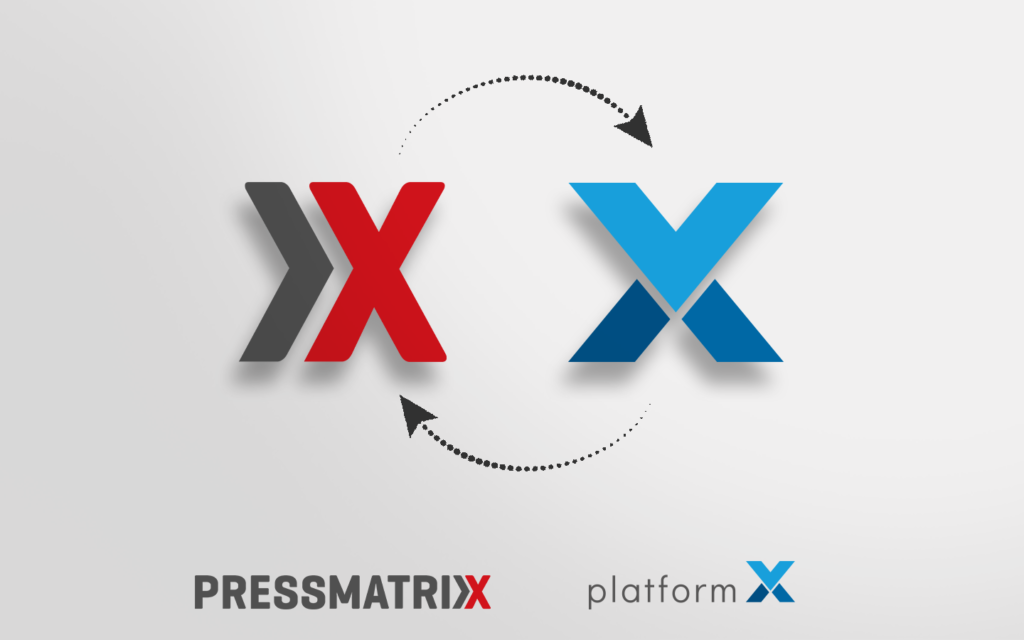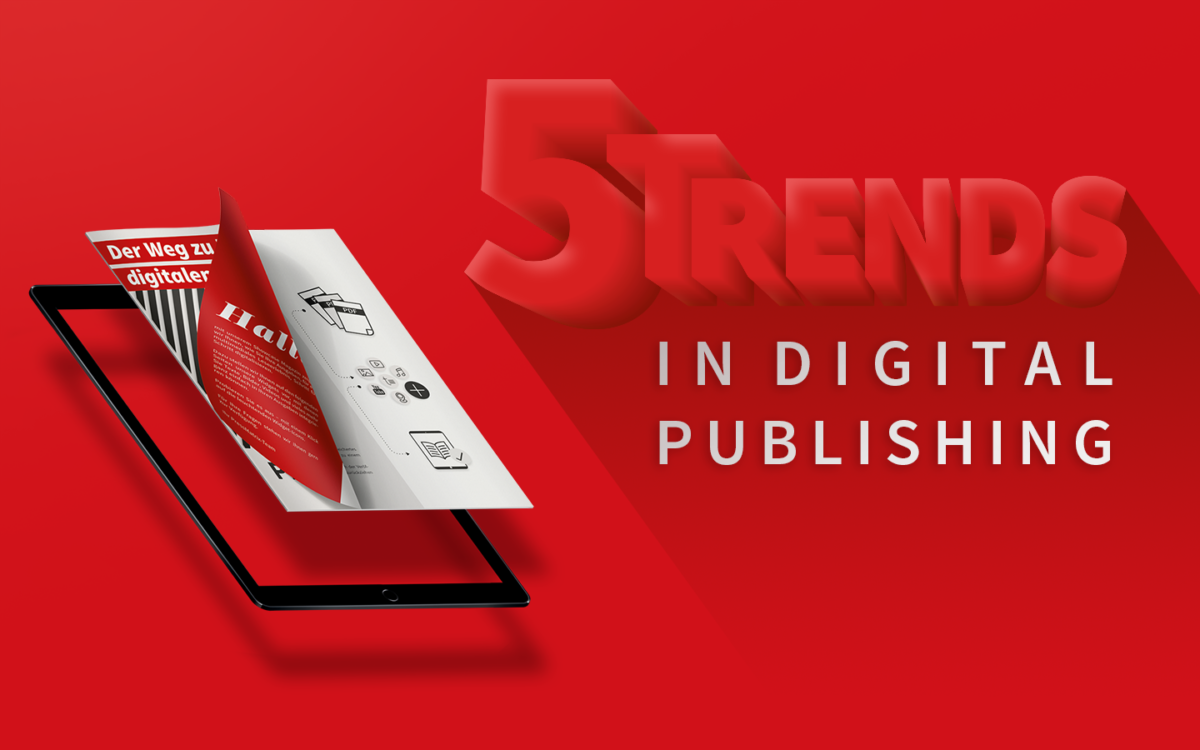Pess release:
Berlin software company PressMatrix GmbH becomes part of platform X
Berlin, Bad Godesberg – October 8th, 2021 | PressMatrix and platform X customers have as of now even more options for marketing their digital content. In the future, PressMatrix with its “digital publishing” software as a service platform will be part of platform X. PressMatrix customers will thus have access to data-driven marketing systems, extensive reach, Fulfillment services , subscription management and many other services from platform X. Conversely, platform X customers will find the creation of reading apps and multimedia portals particularly easy in the future.
PressMatrix was founded in 2012 and now serves more than 800 publications as a platform for digital reading on the web or as a separate app on mobile devices.
Presseservice Bonn GmbH & Co KG have acquired 100% of shares in the Berlin-based PressMatrix GmbH. platform X is a brand of Presseservice Bonn GmbH & Co. KG and pursues the vision of becoming the largest service provider for content creators with digital products.

Jens Gützkow, founder and managing director of PressMatrix GmbH, believes in the strategic cooperation. “PressMatrix and platform X together – it means technological market leadership and a deep understanding of the needs of the European publishing industry. We have big plans for the future and look forward to joint new and innovative services based on PressMatrix and platform X. I would like to thank the PressMatrix shareholders for the many years of really good, partnership-based cooperation and am very happy with this successful sale.”
Michael Schrader, COO of platform X, adds: “PressMatrix is the leading provider of digital reading apps and portals in Germany. We look forward to combining the strengths of platform X and PressMatrix! The customers of both companies have the same backgrounds: publishers and publishing companies with recurring business. Platform X is a strong partner for all content creators seeking to put the “digital first mindset” into practice!”
Publishers and content providers wishing to grow in the digital sector in 2022 will receive all the services they need from platform X in the future. This means a reduction in their own investment risk. But that’s not all: they will also gain access to tools and systems that are usually only available in very large publishing houses. The outcome is a professionalization and acceleration of business and the ability to (even) better meet the expectations of their customers for a contemporary digital offer.
Those interested in the new platform X offers should contact: info@pl-x.de. You can find more information at www.pl-x.de and www.pressmatrix.de.






